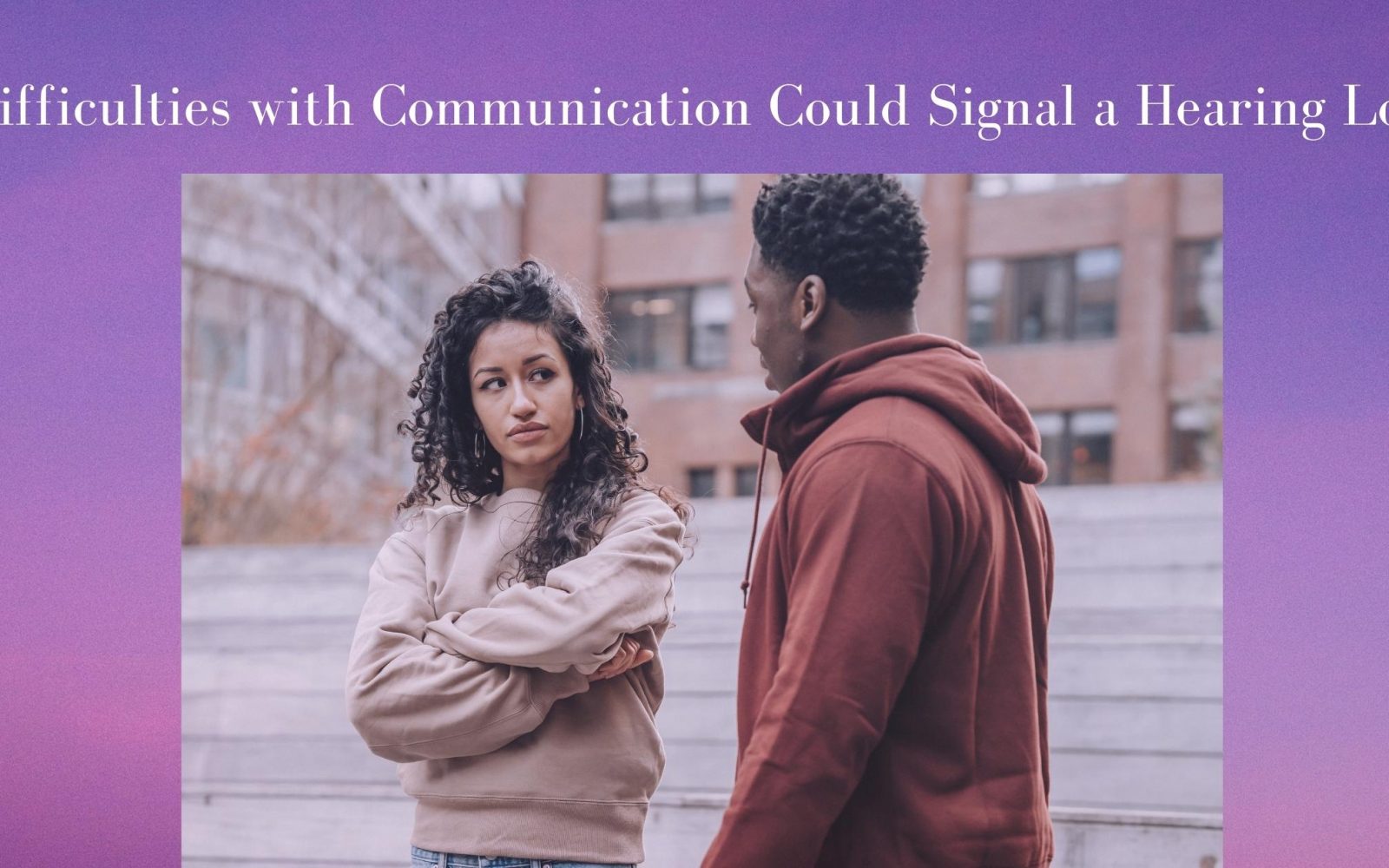When Should I Update My Hearing Aids?
If you’ve been wearing hearing aids for a while, you’re

By: admin | March 18, 2022
Hearing loss is a condition that develops over time, so you might not realize how bad it has become. Over time, you may not be able to hear people talking around you. They may seem to be speaking too quietly, or you may not be able to make out certain words and phrases. Many people experience trouble working out precisely who’s speaking to them in a noisy room. The effort of trying to understand may make you feel tired, frustrated, lonely, or depressed.
If you have any of these problems, then there is a good chance you are suffering from hearing loss.
In the U.S., 15 percent of adults over 18, or 48 million people, report having trouble hearing. Of adults aged 65-74, a quarter has a disabling hearing loss, and 50 percent of adults over 75 have a disabling hearing loss.
While hearing aids have been proven to help in most cases of hearing loss, of the adults aged 20-69 who could benefit from wearing hearing aids, only 16 percent have ever tried them. Sadly, when someone suspects they have hearing loss, it takes people ten years to seek treatment on average.
Hearing loss is an invisible condition. Although it is increasingly prevalent with age, hearing loss is often ignored while diagnosing and treating cognitive and memory disorders in elderly patients. Untreated hearing loss is associated with lower quality of life, depression, social isolation, unemployment, lower earnings at work, higher medical bills for other health issues, high blood pressure, and even higher risk of dangerous trips and falls.
When you have hearing loss, your brain struggles to interpret what is being said, and other parts of your brain’s functions are drawn away from other critical cognitive tasks to compensate. The sooner you treat a hearing loss, the faster your brain can stop compensating, relearn to hear, and ultimately recover.
The start of an age-related hearing problem can be subtle. It’s essential to pay attention to those first signs so you can act before the problem can start to impact your life seriously.
Common signs of hearing loss include:
There are varying degrees in which a person’s hearing loss can manifest. Some experience hearing loss only when they hear soft and moderate sounds. In this case, medical interventions can still be made to correct the problem. Hearing aids and devices such as cochlear implants may be used. Whether you use hearing aids, a cochlear implant or you have mild, untreated hearing loss, learning new communication strategies is also a great idea.
If any of these symptoms sound familiar, contact us! We can schedule you a hearing test and determine your hearing abilities. If a hearing loss is detected, we can help you find the best hearing aids for your lifestyle. Contact us today – you have nothing to lose and so much to gain!

If you’ve been wearing hearing aids for a while, you’re
By: admin | May 5, 2022

According to a World Health Organization estimate, about 466 million
By: admin | May 5, 2022

The following scenario will be familiar to anyone who suffers from hearing
By: admin | March 22, 2022
